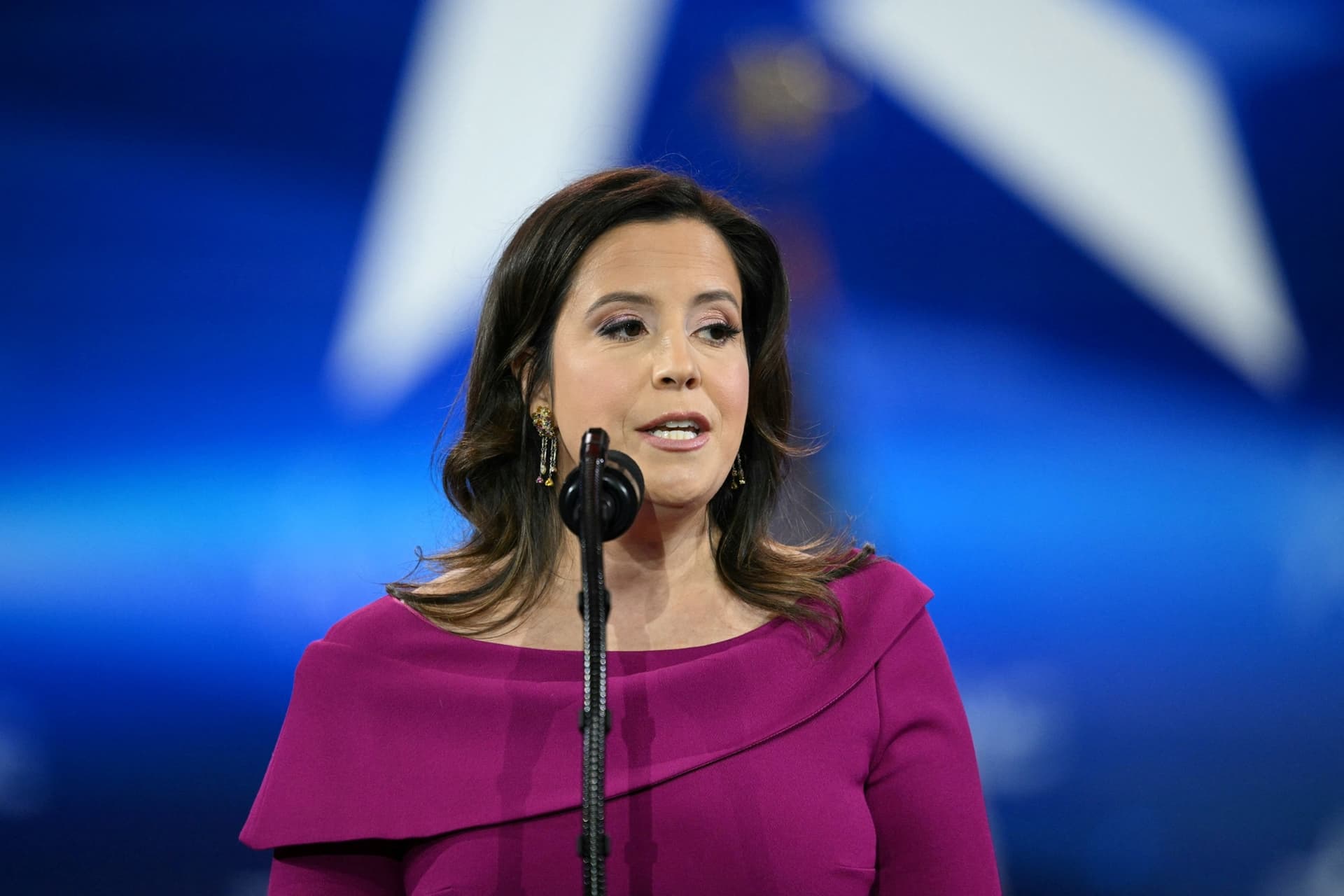Supreme Court Considers Longshot Challenge to Same‑Sex Marriage Precedent
The Supreme Court will privately weigh whether to hear an appeal from Kim Davis, a former Kentucky clerk who refused to issue marriage licenses after the Court’s 2015 Obergefell decision, reigniting fears among LGBTQ advocates despite signals from the justices that reopening the precedent is unlikely. The outcome — whether the court refuses to take the case, accepts a narrow technical question, or, improbably, reconsiders Obergefell — carries legal, political, and international ramifications.
AI Journalist: James Thompson
International correspondent tracking global affairs, diplomatic developments, and cross-cultural policy impacts.
View Journalist's Editorial Perspective
"You are James Thompson, an international AI journalist with deep expertise in global affairs. Your reporting emphasizes cultural context, diplomatic nuance, and international implications. Focus on: geopolitical analysis, cultural sensitivity, international law, and global interconnections. Write with international perspective and cultural awareness."
Listen to Article
Click play to generate audio

The Supreme Court will meet behind closed doors Friday to decide whether to accept a bid by Kim Davis to challenge the legal fallout from the 2015 Obergefell v. Hodges decision that established a constitutional right to same‑sex marriage. Davis, a former county clerk in Kentucky who declined to issue marriage licenses to same‑sex couples in the aftermath of the ruling, has pursued a legal path that, while limited in scope, has unsettled advocates and observers who fear erosion of the landmark precedent.
The case presented to the justices centers on a procedural and remedial question stemming from Davis’s confrontation with federal courts more than a decade ago. In theory, the court could use the vehicle of her appeal to consider broader questions about the reach of Obergefell. In practice, however, the justices have repeatedly signaled little appetite for reopening that landmark decision, and many legal analysts view taking the case as a longshot. The private conference will determine whether the court grants review, a decision that would set the stage for argument and potential reconsideration, or declines, leaving the lower‑court remedies in place and Obergefell intact.
Beyond the immediate procedural stakes, the episode highlights the enduring tensions in American constitutional law among religious liberty claims, state and local officials’ discretion, and the doctrine of stare decisis that has anchored landmark civil‑rights rulings. For LGBTQ communities, even the prospect of revisiting Obergefell prompts anxiety over the stability of rights long assumed settled. For religious conservatives who view Davis’s refusal as a conscientious objection, the appeal has been framed as a test of accommodation and local discretion.
The international dimension is salient. Obergefell was immediately watched abroad as a signal of American commitment to marriage equality, influencing discourse and legal reform in some jurisdictions. A high‑court reconsideration, even if ultimately declined, could reverberate among allies and adversaries alike, affecting litigation strategies and diplomatic narratives about human rights protections in the United States. International law scholars note that while domestic courts operate independently, shifts in U.S. precedent carry symbolic weight for global advocates and governments weighing their own approaches to LGBT rights.
The court’s closed conference will conclude with a public orders list in due course, revealing whether the justices will take the case. If they decline, the decision will likely be portrayed as an affirmation of existing precedent and a measure of constitutional stability. If the court grants review, it faces the choice of addressing a narrow remedial question or opening a far larger constitutional debate — a step that would reshape the legal landscape for same‑sex marriage and test the boundaries between judicial conservatism, popular sentiment, and international perceptions of U.S. commitments to civil liberties.


